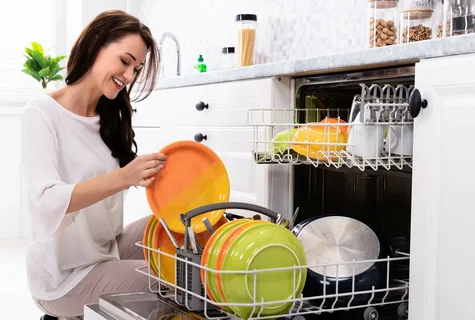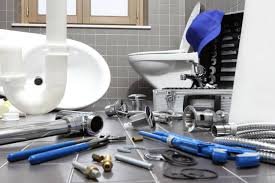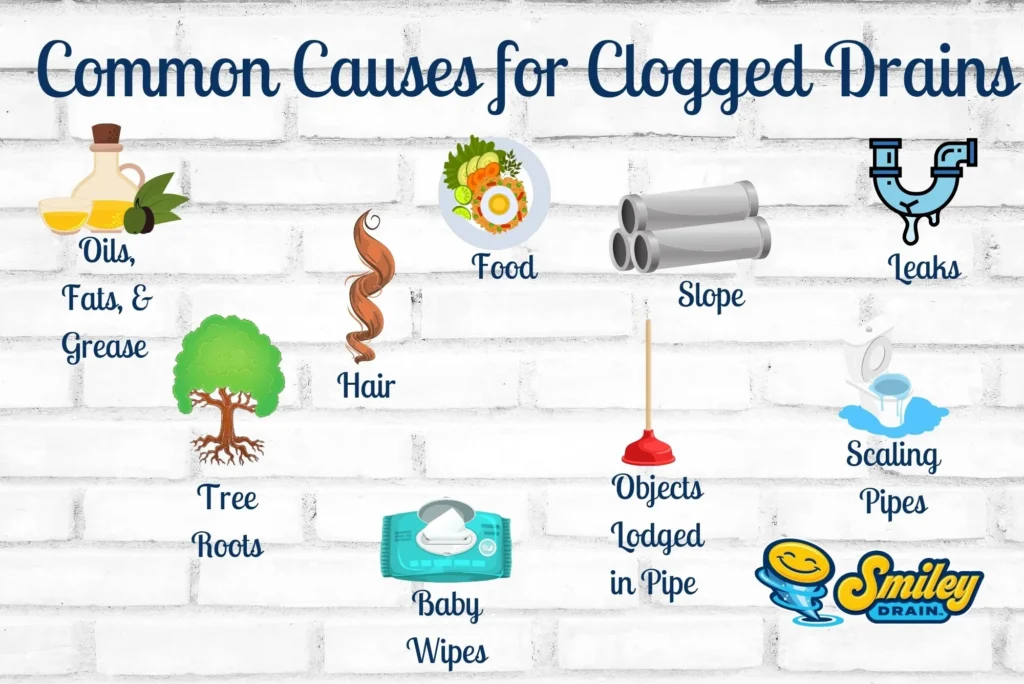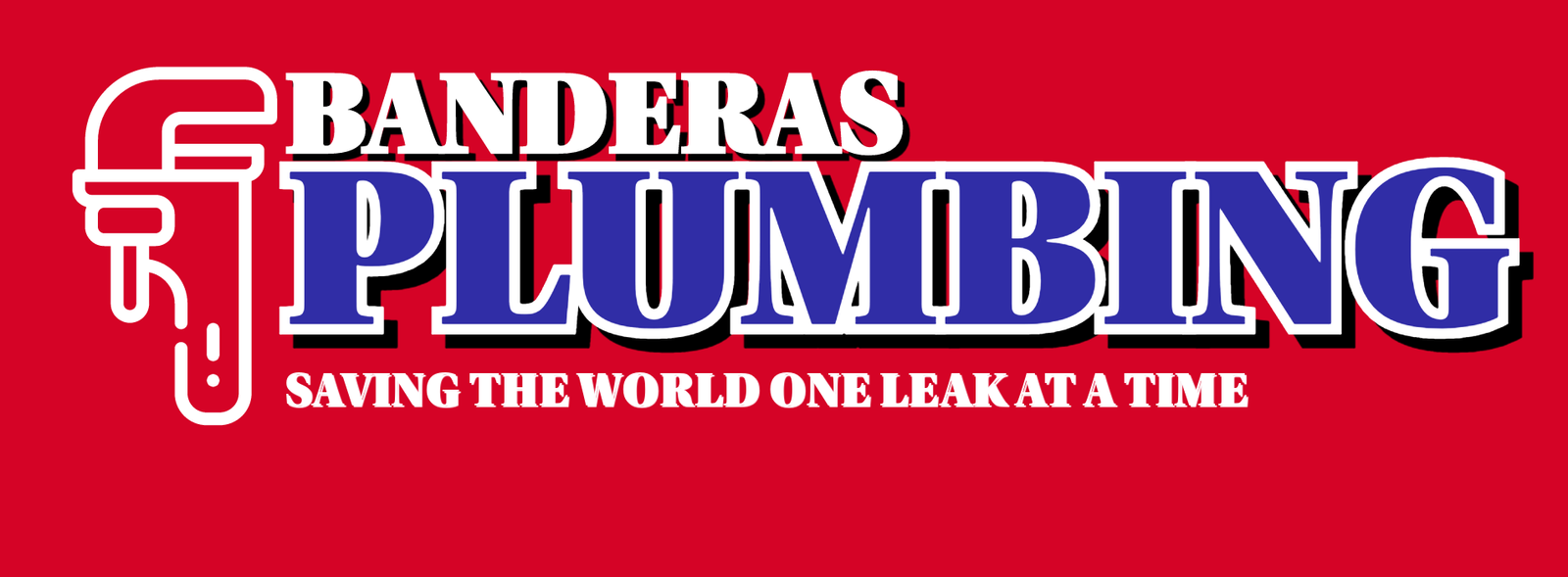In the bustling world of hotel management, ensuring that your establishment runs smoothly is paramount. One of the critical components of hotel infrastructure is the plumbing system. A well-chosen commercial plumbing system can make a significant difference in operational efficiency, guest satisfaction, and cost management.
The plumbing system in a hotel is the backbone of many essential services. It handles everything from guest room amenities like showers and toilets to laundry services, kitchens, and public restrooms. A reliable system ensures that these services run smoothly without interruption. Conversely, a poorly chosen system can lead to frequent repairs, water damage, and dissatisfied guests.
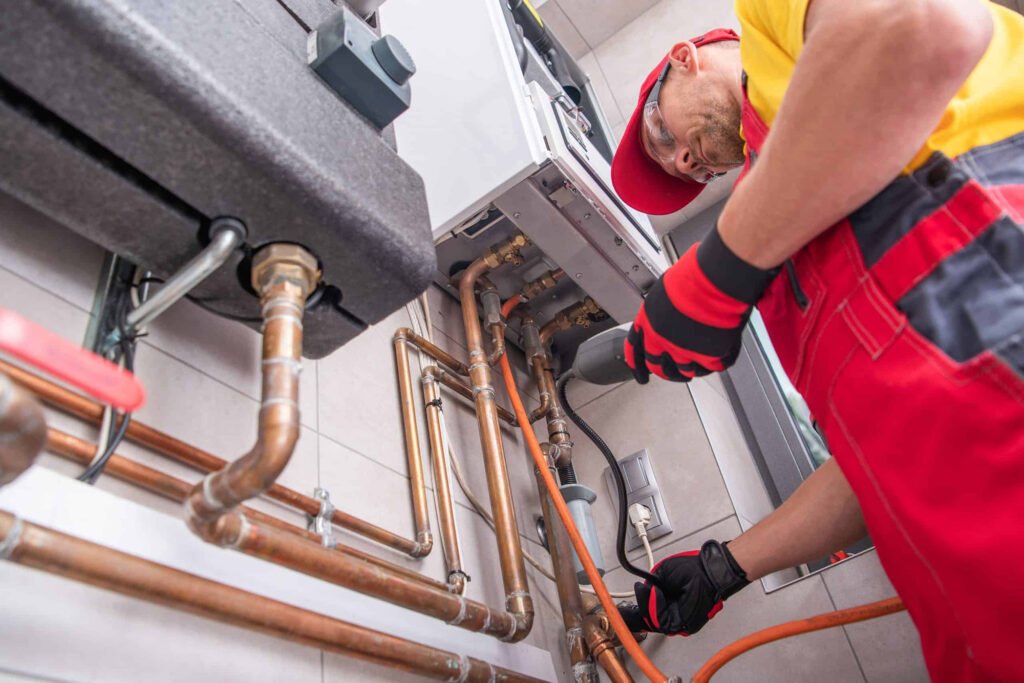
Assessing Your Hotel’s Plumbing Needs
When it comes to running a successful hotel, understanding and addressing the specific plumbing needs of your establishment is critical. A well-planned plumbing system ensures that all water-related services operate smoothly, contributing to guest satisfaction and operational efficiency. Here’s a detailed guide to help you assess your hotel’s plumbing needs effectively.
Size of the Hotel
The size of your hotel is the primary factor in determining the scale and complexity of the plumbing system required. A larger hotel with multiple floors and numerous guest rooms will demand a more robust and sophisticated system compared to a smaller boutique hotel.
- Guest Rooms: Calculate the number of guest rooms and the plumbing fixtures required for each, including sinks, toilets, and showers.
- Floors: Consider the height of the building, as taller structures may need additional pressure regulation and pumped systems to ensure consistent water flow.
- Common Areas: Account for public restrooms, lobby areas, and any other shared spaces that require plumbing.
Water Usage Patterns
Understanding the water usage patterns in your hotel will help you design a system that meets peak demand without overloading. Analyze historical data, if available, to identify usage trends.
- Peak Times: Identify the times of day when water usage is highest, such as mornings when guests are showering and evenings when dining facilities are busiest.
- Seasonal Variations: Consider fluctuations in occupancy rates during different seasons, which can affect water demand.
- Event Hosting: If your hotel hosts conferences, weddings, or other events, account for the additional temporary increase in water usage.
Special Facilities
Hotels often offer special amenities that place unique demands on the plumbing system. Assessing these features will ensure that your system is designed to handle these additional requirements.
- Restaurants and Bars: Kitchens in these areas need robust plumbing for food preparation, dishwashing, and cleaning.
- Spas and Pools: These amenities require significant water supply and drainage capabilities, as well as temperature control for comfort.
- Laundry Facilities: On-site laundry facilities demand substantial water supply and efficient drainage systems to handle high volumes of linens and towels.
Guest Experience Considerations
A reliable plumbing system is crucial for maintaining a high standard of guest satisfaction. Ensure that your system can consistently provide hot water, adequate pressure, and efficient drainage.
- Hot Water Availability: Design the system to ensure a constant supply of hot water during peak times.
- Water Pressure: Maintain adequate water pressure throughout the hotel, especially on upper floors, to avoid guest complaints.
- Noise Control: Implement noise-reducing measures to prevent plumbing sounds from disturbing guests, particularly in rooms close to mechanical areas.
Evaluating Different Types of Plumbing Systems
There are various types of commercial plumbing systems, each with its own advantages and considerations. These are some of the most well-known systems:
- Gravity-Fed Systems
Gravity-fed systems rely on the natural force of gravity to move water through the pipes. These systems are simple and cost-effective but may not be suitable for larger hotels with multiple floors.
- Pumped Systems
Pumped systems use mechanical pumps to move water through the pipes, providing consistent water pressure regardless of the building’s height or water demand. These systems are ideal for high-rise hotels.
- Hydronic Systems
Hydronic systems use water to transfer heat, making them suitable for hotels that require efficient heating solutions. In colder places, they are often used to provide solid and effective heating.
- Tankless Water Heaters
Tankless systems heat water on demand, eliminating the need for large storage tanks and reducing energy consumption. They are ideal for hotels that prioritize energy efficiency and have varying hot water demands.
Considering Material Choices
The materials used in your plumbing system can affect its durability, maintenance needs, and overall cost. Common materials include:
Copper
Copper pipes are strong and won’t rust. They also last a long time. They are suitable for high-temperature applications and offer excellent reliability.
PVC
It’s easy to place PVC pipes because they are light and don’t rust. They are commonly used for drainage systems and cold water lines but may not be suitable for hot water applications.
PEX
It’s easy to install PEX lines because they are flexible and don’t get scaled or chlorinated. They are suitable for both hot and cold water applications and offer excellent freeze resistance.

Energy Efficiency and Sustainability
Modern hotels are increasingly focusing on sustainability and energy efficiency. Choosing an energy-efficient plumbing system can reduce operational costs and enhance your hotel’s reputation as an eco-friendly establishment. Consider the following features:
- Low-Flow Fixtures: Install low-flow toilets, showerheads, and faucets to reduce water consumption.
- Energy-Efficient Water Heaters: Choose water heaters with high energy efficiency ratings to reduce energy consumption.
- Recycling Systems: Implement greywater recycling systems to reuse water from sinks and showers for non-potable purposes like irrigation.
Hiring Professional Installers
The installation of a commercial plumbing system is a complex task that requires professional expertise. Hire experienced and licensed plumbers to ensure that the system is installed correctly and functions efficiently. A professional installer can also provide valuable insights into the best practices and latest technologies available.
Regular Maintenance and Inspection
Once your plumbing system is installed, regular maintenance and inspections are crucial to ensure its longevity and reliability. Develop a maintenance schedule that includes:
- Routine Inspections: Regularly inspect pipes, fixtures, and water heaters for signs of wear and potential issues.
- Preventive Maintenance: Perform preventive maintenance tasks such as cleaning drains, testing water pressure, and checking for leaks.
- Professional Servicing: Schedule periodic professional servicing to address any complex issues and ensure that the system remains in optimal condition.
Cost Considerations
While the initial cost of a commercial plumbing system can be significant, it’s important to consider the long-term benefits and potential savings. Investing in a high-quality system can reduce repair costs, minimize downtime, and enhance guest satisfaction, leading to increased revenue and profitability.
Incorporating Smart Plumbing Technology
Advancements in technology have introduced smart plumbing solutions that offer enhanced control and monitoring capabilities. Consider incorporating the following technologies:
- Leak Detection Systems: Install sensors that detect leaks and notify maintenance staff immediately, preventing water damage.
- Smart Water Meters: Use smart meters to monitor water usage in real-time and identify areas for improvement.
- Automated Controls: Implement automated controls for water temperature and pressure to ensure consistent service and reduce energy consumption.
Addressing Common Plumbing Challenges in Hotels
Hotels often face unique plumbing challenges due to the high volume of guests and varying water demands. Some common challenges include:
- Clogged Drains: Regularly clean and maintain drains to prevent clogs caused by hair, soap, and other debris.
- Water Temperature Fluctuations: Ensure that your water heating system can handle peak demand periods without causing temperature fluctuations.
- Noise and Vibration: Use noise-reducing materials and techniques to minimize the noise and vibration caused by plumbing systems, especially in guest rooms.
Impact of Plumbing on Hotel Operations
The efficiency of your plumbing system can affect various aspects of hotel operations, from housekeeping to food service. A well-maintained system reduces downtime, enhances staff productivity, and ensures that all hotel services run smoothly.
Conclusion
Choosing the right commercial plumbing system for your hotel business is a crucial decision that impacts operational efficiency, guest satisfaction, and long-term profitability. By carefully assessing your hotel’s specific needs, evaluating different system types and materials, ensuring compliance with local codes, and incorporating energy-efficient and smart technologies, you can create a reliable and efficient plumbing system that supports your hotel’s success. Regular maintenance, professional installation, and future-proofing measures will further ensure the longevity and reliability of your plumbing system, providing a perfect and enjoyable experience for your guests.

